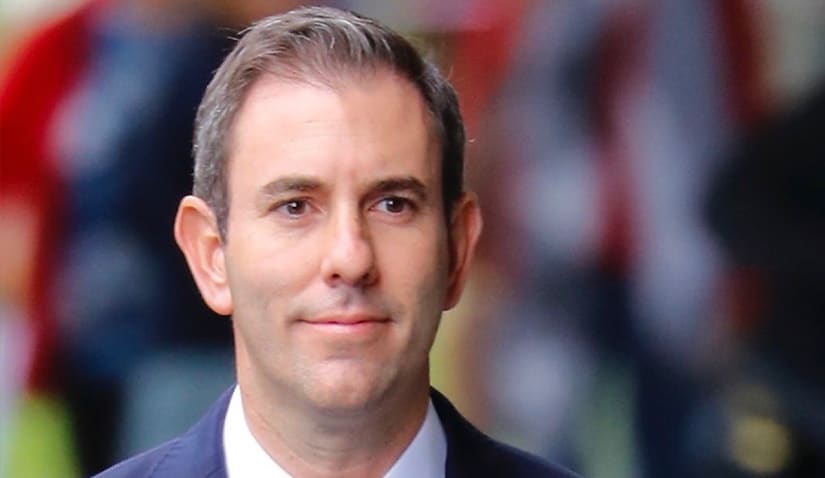The revised stage-three tax cuts, together with other market factors, may well provide justification for employers not to give up-and-coming lawyers a larger salary bump for the new financial year.

From 1 July, the reworked stage-three tax cuts – which passed Parliament in February – will come into effect and are set to be a centrepiece of Treasurer Jim Chalmers’ budget, being delivered tonight (Tuesday, 14 May).
Lawyers who earn over $150,000 will still receive a tax cut; however, it will be smaller than originally intended in 2019. Lawyers with pay packets of $180,000, for example, will receive a tax that is $2,300 less than what the Morrison government had legislated for.
There is, arguably, a shift in the power dynamics between employer and employee when it comes to salary reviews and staffing considerations – in recent years, and as has been extensively reported by Lawyers Weekly, we have seen a “candidate’s market”.
Now, however, the tide may be turning back in favour of the decision-makers. And, alongside myriad market factors, the looming and more generous tax cuts for many lawyers could result in smaller salary increases as review season and the 2024–25 financial year approaches.
In an episode of The Lawyers Weekly Show, to be released later this week, Naiman Clarke managing director Elvira Naiman reflected that, following the “extreme hikes” in salary that were seen during the height of the global pandemic, there is a sense among employers she speaks to that there will be a “pivot back” towards what they might deem to be more reasonable increases in lawyers’ pay packages.
There are numerous factors for this, she explained, including that there is “certainly something of a power shift in favour of employers” happening in the market right now. This is being borne out, she said, in ways such as pushbacks on flexibility and work-from-home opportunities.
That being said, Naiman noted, a recent survey that her firm conducted on LinkedIn showed that, “alarmingly”, candidates currently expect to see a 15 per cent salary increase.
However, she went on, a tight market, inflation, the cost of living, and general economic sentiment mean it is very likely that “law firms won’t come to the party” relative to what their “employee expectations might be”.
Anecdotally, Naiman understands that firms may only offer increases of $2,000 or $3,000 for those under senior associate level and around $5,000 for those at senior associate level.
“There’s certainly not appearing to be anywhere near the sort of 15 per cent plus, or even the 10 per cent plus that another third of the market is expecting,” she said.
Her personal view, she submitted, is that increases for the “majority of the market will fall in somewhere between 3 and 6 per cent”.
Strengthening this predicted range of pay rises is what Naiman is hearing from partners on the ground.
Conversations are happening at the leadership level, she said, about the looming tax cuts for individuals and the impact those changes will have on lawyers who might push for larger salary increases.
“Some law firms, I think, will rightly or wrongly take the real income increase through tax cuts into account when looking at salary increases,” she said.
“Whether employees view that as a justifiable manner of ascertaining their value, we’re yet to see. But I do suspect that some firms will kind of lay that fact down as one of the reasons why they don’t need to make the kind of increase that an employee might expect.”
Another potential consideration for employers, Naiman suggested, is a tightening of performance expectations and wanting to see lawyers demonstrate value in sort of tangible contributions to workplace culture, productivity, and efficiency.
Should this be front of mind, she said, transparent communication will be critical.
“I’d like for those conversations to be respectful and for employees to walk out of those conversations feeling that they are valued and that their growth is valued,” she said.
“I think that these discussions always need to occur on a sort of a real good faith basis. If law firms are more open to discussing profitability, charge-out rates, and all those things in concert, it might make the final review amount more palatable to an employee.”

Jerome Doraisamy is the managing editor of professional services (including Lawyers Weekly, HR Leader, Accountants Daily, and Accounting Times). He is also the author of The Wellness Doctrines book series, an admitted solicitor in New South Wales, and a board director of the Minds Count Foundation.
You can email Jerome at: